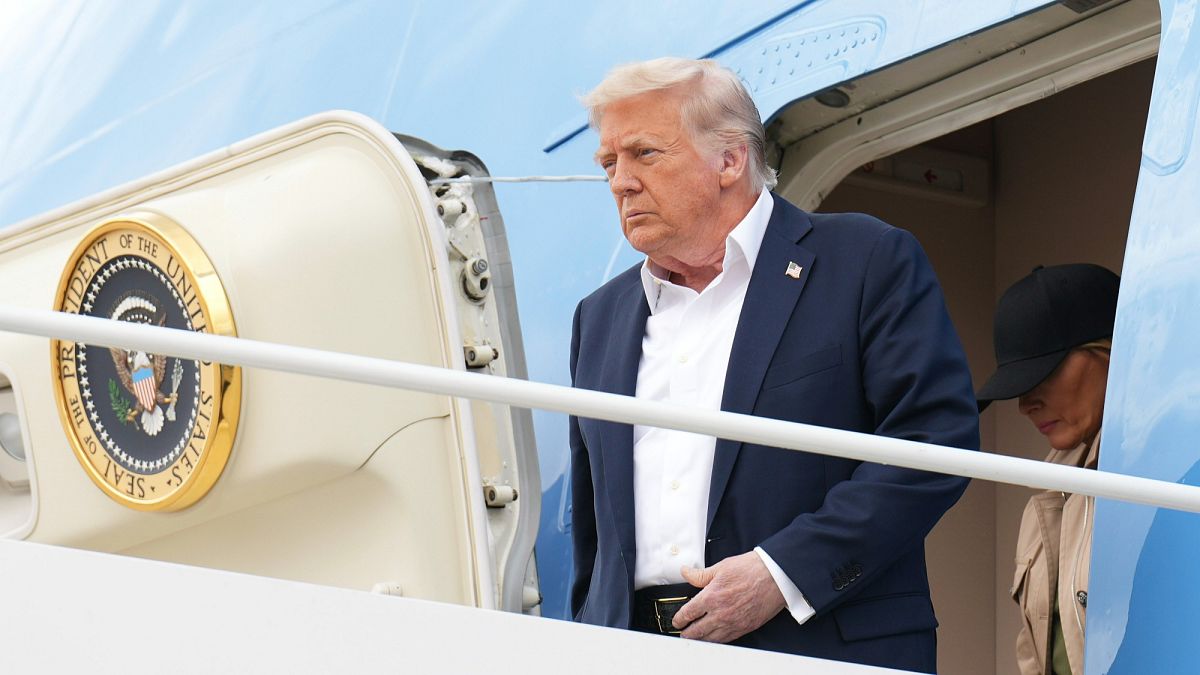

In a recent development that has caught the attention of international trade watchers, the United States has announced plans to raise tariff rates on European Union goods to 30%, starting August 1. This decision fits into a broader narrative of evolving trade dynamics, reflecting the intricate interplay between economic policies and international relations. In response, the European Commission has expressed openness to dialogue, while also emphasizing its readiness to adopt necessary measures to protect its interests.
As this significant date approaches, many involved parties are adopting a measured yet vigilant stance. The European Union, in its poised response, has issued a statement underscoring their commitment to reaching an agreement. At the same time, they are preparing proportionate countermeasures to safeguard their economic position should negotiations not yield the desired outcome. This balanced approach reflects a commitment to constructive diplomacy, even amid rising tensions.
On a related front, Canada has decided to pause its response to new tariff threats, indicating a willingness to allow time for dialogue and potential compromise. This development comes after President Trump extended the trade deadline to August 1, providing a window of opportunity for further discussions. In a letter addressed to the Canadian Prime Minister, Trump highlighted this new timeline, offering temporary relief from immediate tariff action while setting the stage for ongoing negotiations.
Observers have noted the significance of this new deadline, perceiving it as a firm marker in the chronology of U.S. trade policy. Allies of the Trump administration, along with various foreign officials, are treating this August 1 deadline with sincerity. It is widely believed that further extensions are unlikely, based on the political and policy implications highlighted by Trump insiders. This stance reflects a broader anticipation that the looming deadline may compel more decisive action from all parties involved.
In reviewing these events, it is clear that international trade remains a dynamic and sometimes unpredictable arena. The decisions made by each of these countries are grounded in complex motivations that blend economic foresight, political strategy, and the pursuit of favorable outcomes for their respective economies. Negotiations between the U.S., EU, and Canada are a testament to the delicate balance of cooperation and self-interest that defines contemporary trade relations.
As August 1 draws nearer, the world will be watching closely, hopeful that dialogue can prevail over discord. This moment presents an opportunity for renewed emphasis on collaboration and compromise, embodying a mindful approach to addressing differences. Ultimately, this narrative serves as a reminder of the interconnectedness of global economies and the perpetual quest for harmony amidst diversity.
Source: {link}
